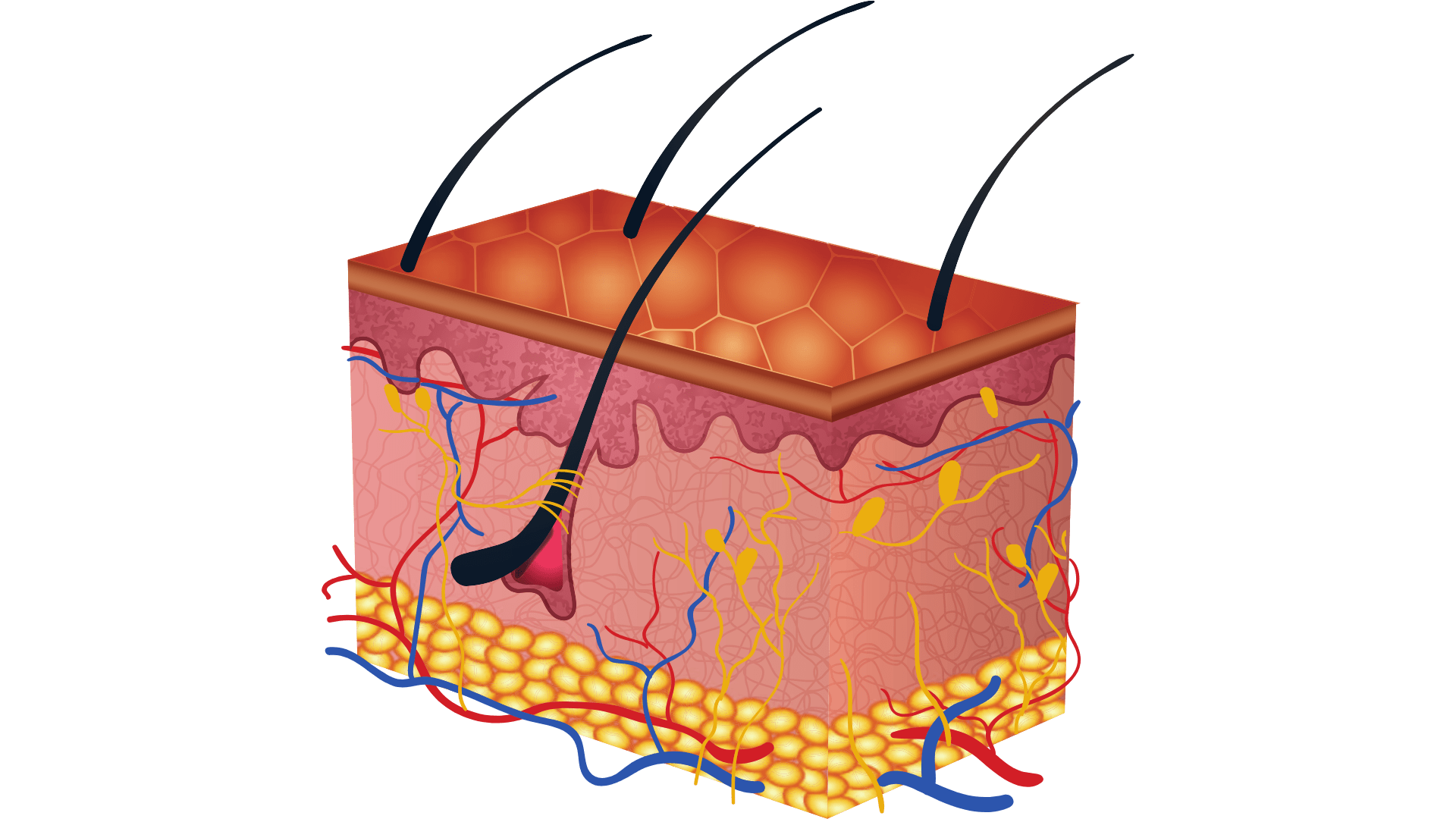Daily reads
.01
# Skin pH & Lipids: Vital for Health

Our skin is our body’s protective shield, and maintaining its health involves paying attention to factors like pH and lipids. Think of pH like the acidity of lemon juice—it’s crucial for keeping our skin balanced and healthy.
Different parts of our skin have slightly different pH levels. For example, our chin is a bit more acidic than our forehead. These differences help our skin fight off infections and heal when it’s hurt.
When our skin’s pH is off-balance, it can change the types of bacteria living on our skin, leading to issues like acne or eczema. That’s why it’s important to keep our skin’s pH in check.
Lipids, or fats, are another essential part of skin health. They form a protective barrier on the skin’s surface, keeping moisture in and irritants out. But when skin pH is too high, it can mess with our skin’s lipids, making our skin dry and more prone to irritation.
Research shows that women after menopause, who often have higher skin pH levels, also have lower lipid content in their skin. This can lead to dry, itchy skin.
To keep our skin healthy, we need to take care of both pH and lipids. Using skincare products that balance our skin’s pH and replenish its lipids can help keep our skin hydrated and protected.
Understanding the importance of skin pH and lipids is key to maintaining healthy and resilient skin. By taking simple steps to care for our skin, like using pH-balanced products and moisturizers, we can support its natural defenses and promote long-term health.
Talk with us
References:
- Mukherjee, S., Mitra, R., Maitra, A., Gupta, S., Kumaran, S., Chakrabortty, A., … & Ghosh, S. (2016). Sebum and Hydration Levels in Specific Regions of Human Face Significantly Predict the Nature and Diversity of Facial Skin Microbiome. Scientific reports, 6(1), 1-10.
- Voegeli, R., Rawlings, A. V., Breternitz, M., Doppler, S., Schreier, T., & Fluhr, J. W. (2009). Increased basal transepidermal water loss leads to elevation of some but not all stratum corneum serine proteases. International journal of cosmetic science, 31(6), 437-443.
- Farage, M. A., Miller, K. W., Elsner, P., & Maibach, H. I. (2013). Intrinsic and extrinsic factors in skin ageing: a review. International journal of cosmetic science, 30(2), 87-95.
